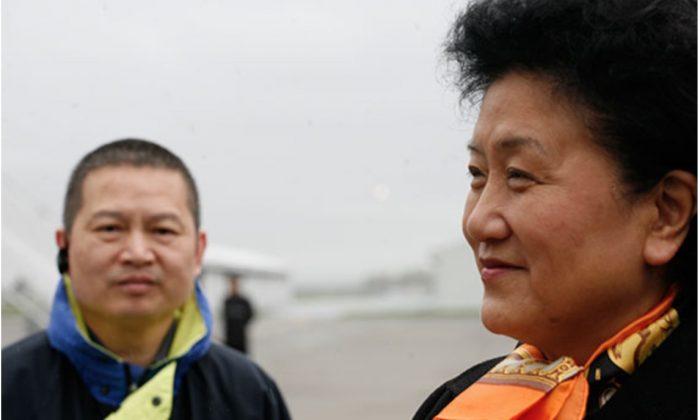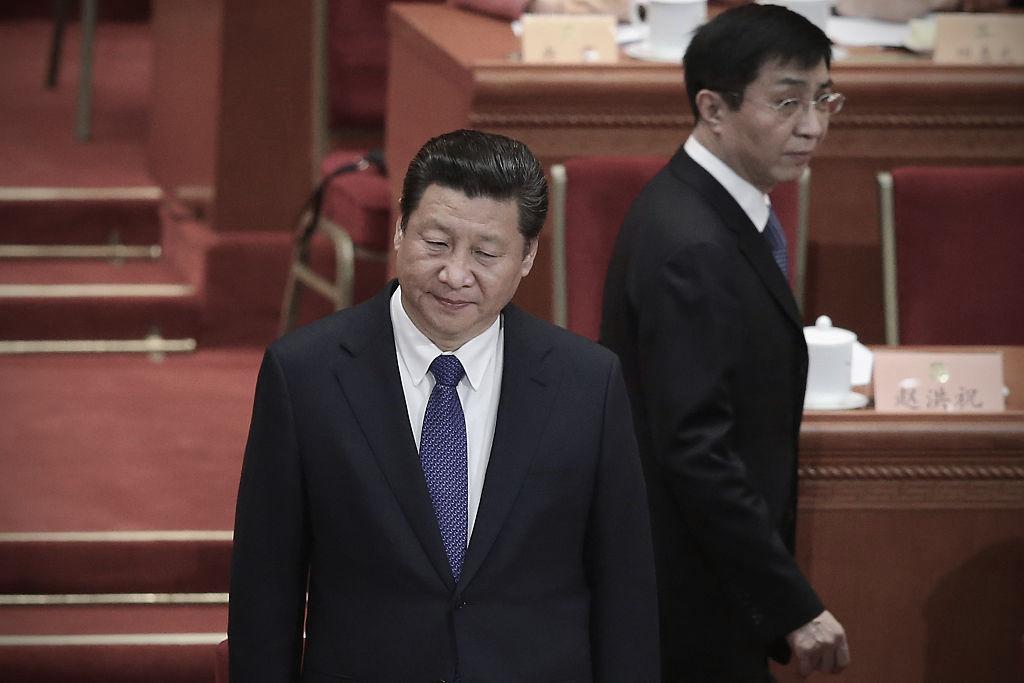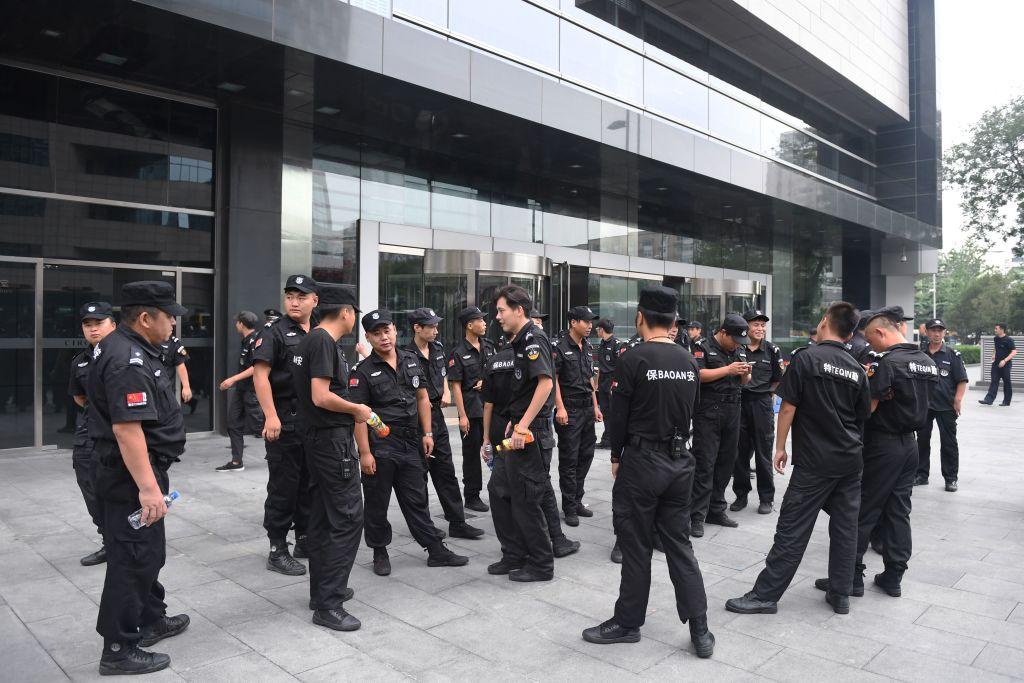The first time something is done is often viewed as especially revealing. According to China’s state-run media, Oregon was the first place in the world to pass legislation to set up Chinese-language courses and Confucius Classrooms to promote Chinese-language study.
On Feb. 24, 2010, the Oregon Senate passed Joint Resolution 50. At the center of the effort to get this legislation passed was an Oregon citizen originally from mainland China named Lan Jin and an Oregon legislator named Dennis Richardson.




